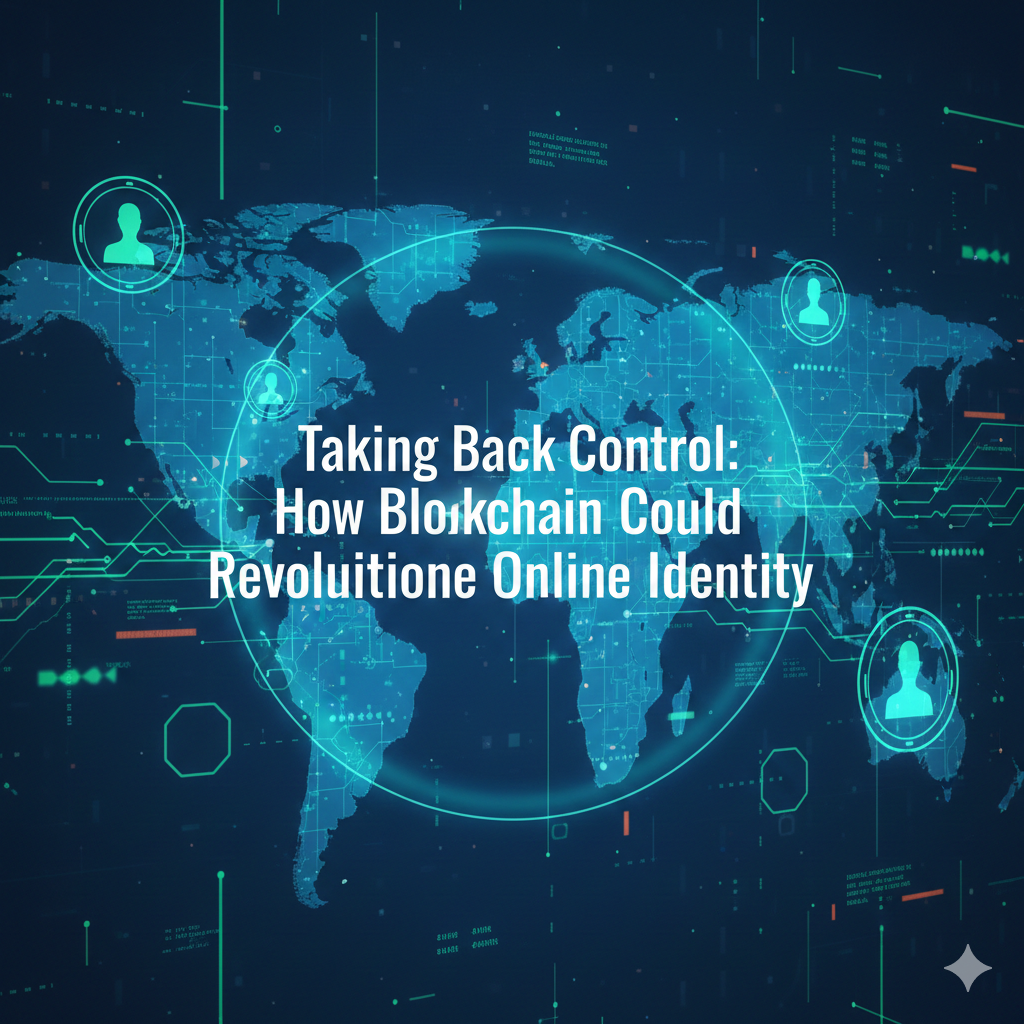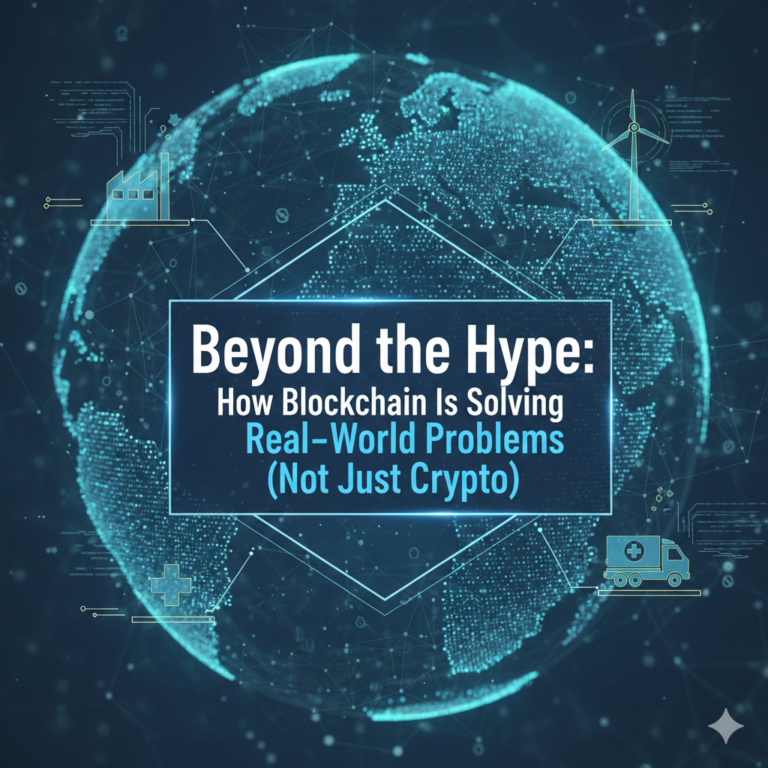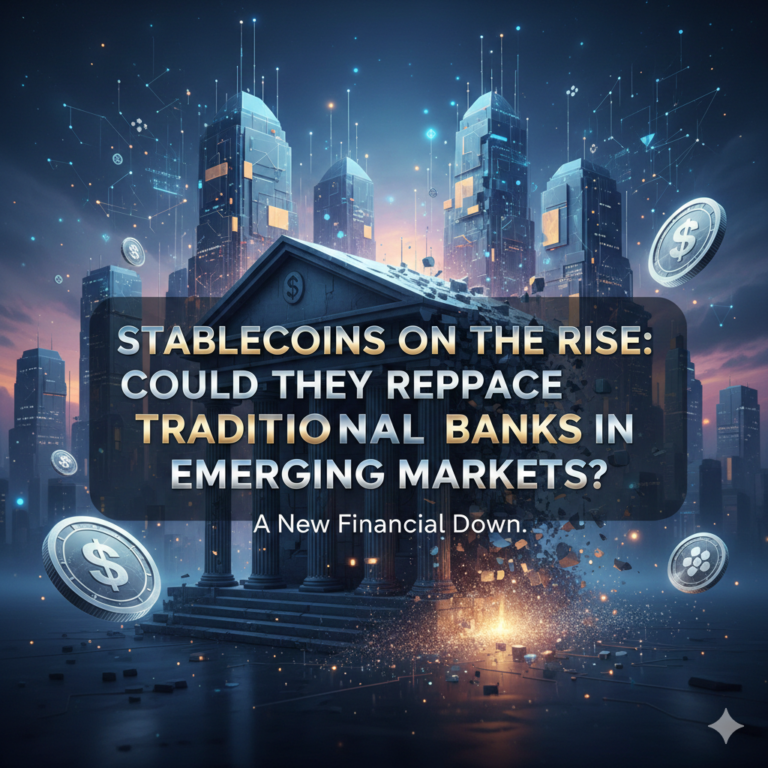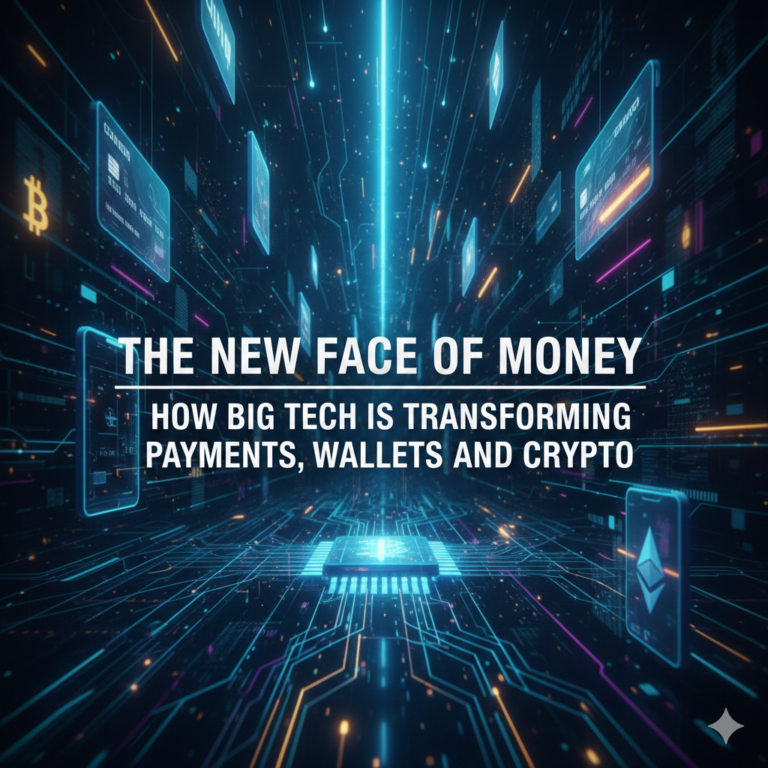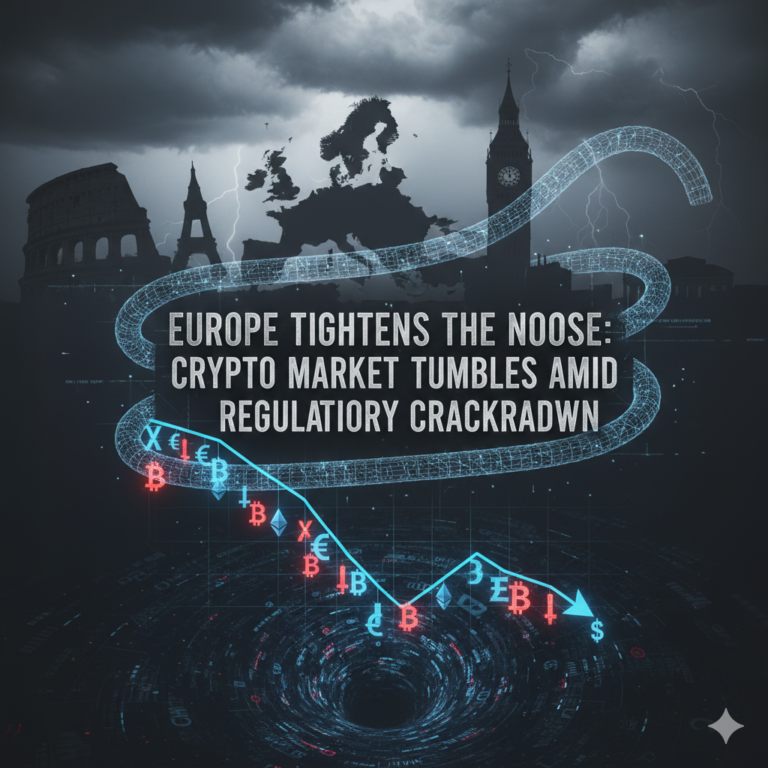Taking Back Control: How Blockchain Could Revolutionize Online Identity
For years, our digital identities have quietly slipped out of our hands. Every login, every signup form, every “Accept Cookies” click adds another fragment of personal data to systems we don’t control. Most people sense something is off, even if they can’t always articulate why. And that’s exactly where blockchain digital identity enters the conversation — not as hype, but as a long-overdue rethink of how identity should work online.
The idea isn’t to complicate identity management. In fact, the most compelling promise of blockchain is the opposite: making digital identity simpler, safer, and truly owned by the individual.
The Problem With Digital Identity Today
Modern digital identity systems were never designed for the scale and complexity of today’s internet. Most rely on centralized databases controlled by governments, corporations, or platforms whose incentives don’t always align with user privacy.
This leads to several structural problems:
- Massive data breaches exposing millions of users
- Repeated identity verification across platforms
- Limited user control over personal information
- Identity fraud becoming increasingly sophisticated
From a practical standpoint, the issue isn’t that companies collect data — it’s that they become single points of failure. Once compromised, the damage spreads fast. In my view, this centralized model simply doesn’t scale securely in a world where digital interaction is constant.
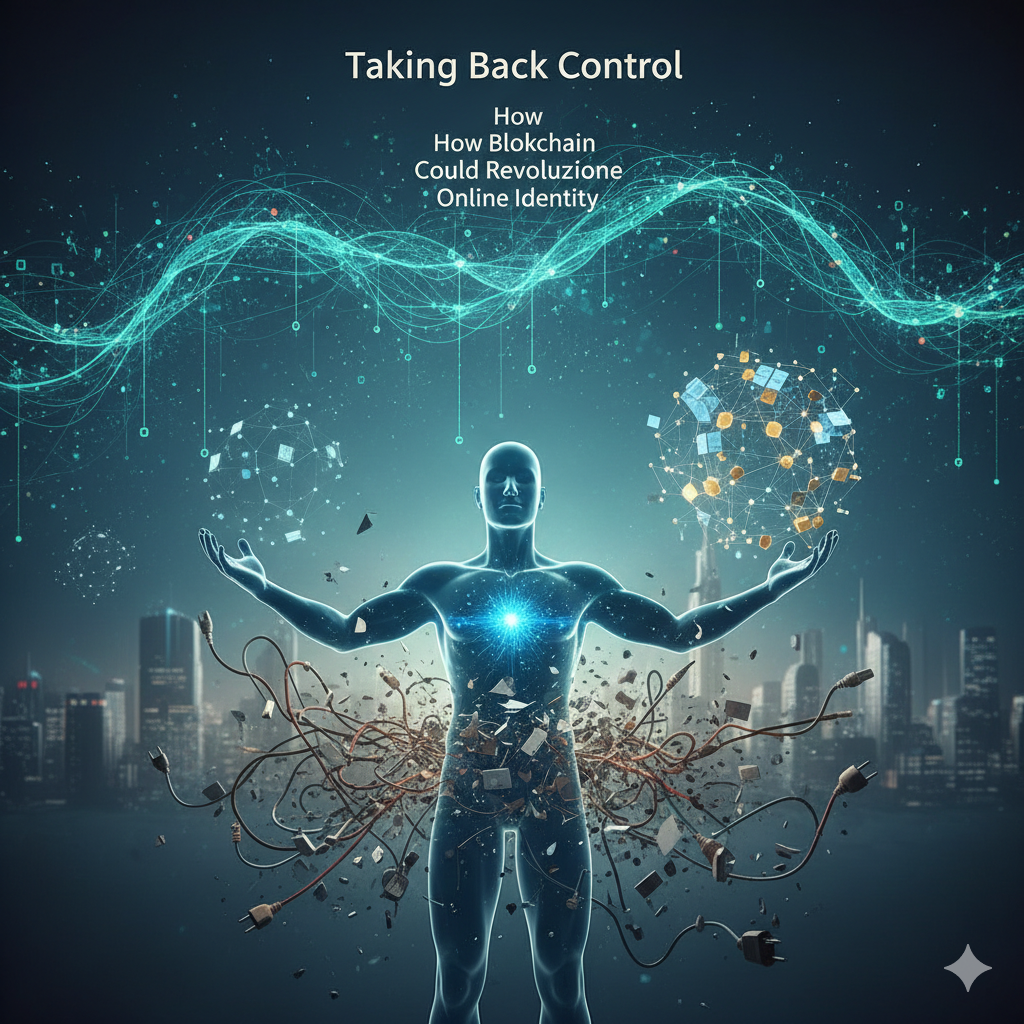
What Is Blockchain Digital Identity?
At its core, blockchain digital identity shifts ownership from institutions to individuals.
Instead of your identity being stored in a central database, it exists as a decentralized, cryptographically secured identity that you control. This model is often referred to as self-sovereign identity (SSI).
Key characteristics include:
- User ownership: You control who accesses your data
- Verifiable credentials: Information can be verified without being exposed
- Interoperability: Usable across platforms and borders
- Tamper resistance: Records can’t be altered retroactively
What’s particularly interesting is that blockchain doesn’t need to store personal data itself. In most implementations, it only stores cryptographic proofs, keeping sensitive information off-chain while still verifiable.
How Blockchain Changes Identity Verification
Traditional identity verification is repetitive and inefficient. You upload the same documents again and again, trusting every platform to protect them.
Blockchain-based identity flips this logic.
Once your identity is verified by a trusted issuer (a bank, government entity, or certified organization), you can reuse that verification without exposing the underlying data. For example, you can prove you’re over 18 without revealing your birthdate.
This subtle shift has massive implications for online identity security. It reduces data exposure while increasing trust — a rare combination in digital systems.
From experience, this is one of those technologies whose real value only becomes obvious when you imagine it working quietly in the background, removing friction rather than adding complexity.
Real-World Use Cases Emerging Today
Blockchain identity is no longer theoretical. Real applications are already emerging:
1. Financial Services
Banks use blockchain identity to streamline KYC processes while improving compliance and privacy.
2. Government & Public Services
Digital IDs built on blockchain can enable secure voting, benefit distribution, and cross-border verification.
3. Web3 and Decentralized Platforms
In Web3 ecosystems, identity becomes portable. Users can move across platforms without recreating accounts or surrendering data.
4. Healthcare
Patients can control who accesses their medical records, improving privacy while maintaining interoperability.
Each of these use cases highlights something important: blockchain identity isn’t about replacing institutions — it’s about rebalancing power between institutions and individuals.
Challenges Still Holding Adoption Back
Despite its promise, blockchain identity is not without obstacles.
- User experience: Key management is still too complex for mass adoption
- Regulatory uncertainty: Laws vary significantly between regions
- Standardization issues: Interoperability between identity frameworks is still evolving
That said, progress is accelerating. Governments, startups, and enterprises are increasingly aligned on the need for better identity systems. In my opinion, this alignment is what makes the next few years especially important.

Why This Shift Matters More Than People Realize
Digital identity underpins almost everything we do online. Whoever controls it controls access, trust, and participation in the digital economy.
What makes blockchain-based identity so compelling is not just security — it’s autonomy. It allows individuals to exist digitally without being permanently dependent on centralized authorities.
That’s a quiet but powerful shift.
As awareness grows, users will start expecting this level of control. And once that expectation becomes mainstream, platforms that ignore it may struggle to remain relevant.
The Road Ahead for Blockchain and Digital Identity
We’re still early, but the direction is clear. The future of online identity will likely be:
- User-owned
- Privacy-first
- Interoperable
- Secure by design
Blockchain isn’t a magic solution, but it offers the most coherent framework we’ve seen so far. When combined with thoughtful regulation and user-centered design, it has the potential to redefine trust on the internet.
And in a digital world where trust is increasingly fragile, that might be its most valuable contribution of all.
Final Thought
The shift toward blockchain digital identity isn’t about technology replacing people — it’s about empowering them. Once users experience what real ownership of identity feels like, going back will be hard to justify.
That, more than any trend or buzzword, is why this transformation matters.

